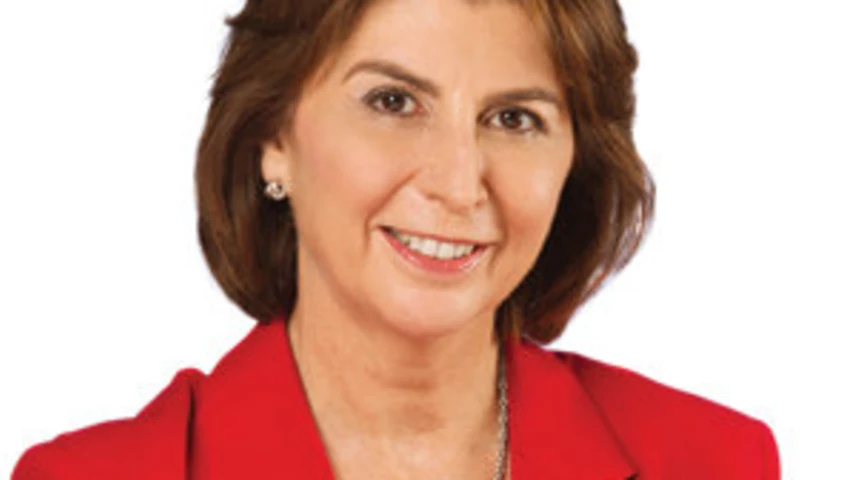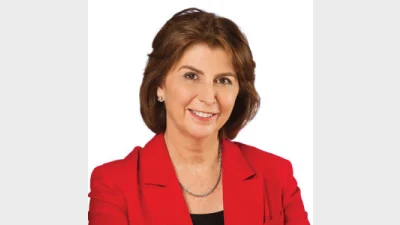SCT should remain independent, says Vamos



The Superannuation Complaints Tribunal (SCT) should remain independent from Government and the regulators, according to Association of Superannuation Funds of Australia (ASFA) chief executive Pauline Vamos.
Speaking at a Super Review breakfast event this morning, Vamos said that while there was a regulatory gap in the case of the Australian Prudential Regulation Authority (APRA) and the Australian Securities and Investments Commission (ASIC), the SCT as a consumer representative body should remain a separate entity.
Vamos said that between the Financial Ombudsman Service and the SCT, the dispute resolution process had become “murky” but that, despite a Senate enquiry, the process should not involve the regulators.
“I have a view that a dispute resolution process for consumers must be as independent as possible from the regulator - they’re different roles,” she said.
Vamos said however that the superannuation industry was required to adhere to the requirements of two regulatory bodies, which was not only onerous but included a lot of overlap.
Super funds had different disclosure requirements and paid multiple levies, creating duplication in the system which needed to be assessed.
Recommended for you
Australia’s largest super funds have deepened private markets exposure, scaled internal investment capability, and balanced liquidity as competition and consolidation intensify.
The ATO has revealed nearly $19 billion in lost and unclaimed super, urging over 7 million Australians to reclaim their savings.
The industry super fund has launched a new digital experience designed to make retirement preparation simpler and more personalised for its members.
A hold in the cash rate during the upcoming November monetary policy meeting appears to now be a certainty off the back of skyrocketing inflation during the September quarter.










